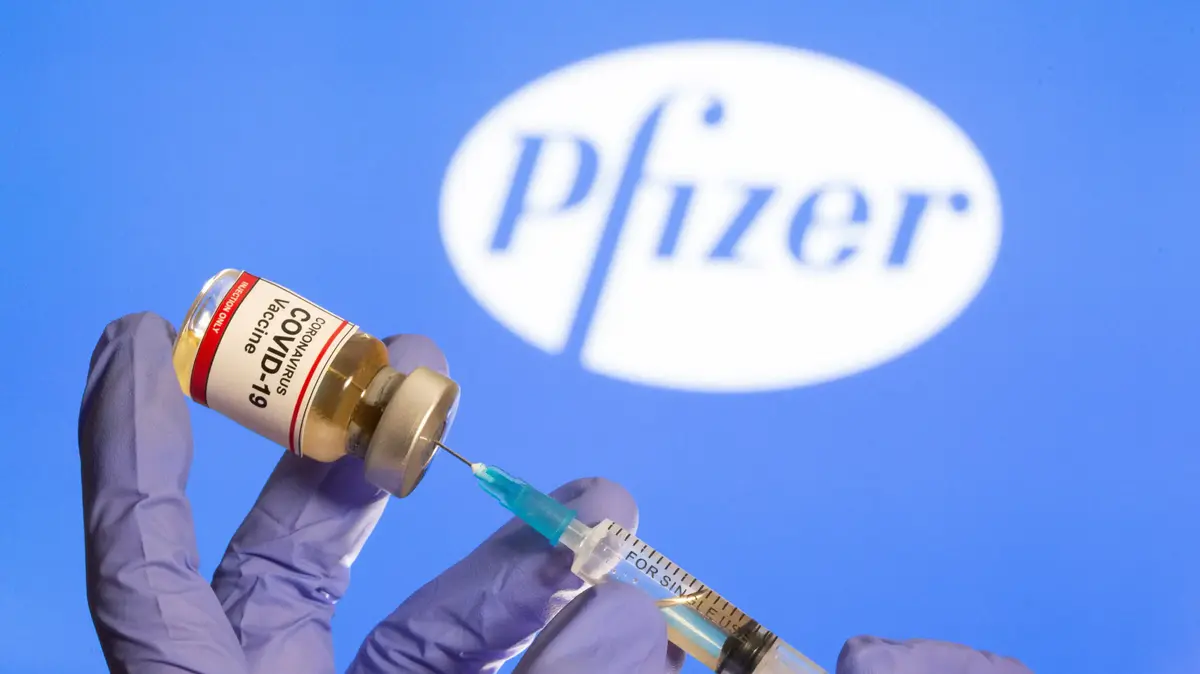The statutory health insurance companies spend more than 40 billion euros a year on medicines. However, over and over again, medicines are not available, in short supply or just in inappropriate strengths. This even affects vital medicines such as insulin, vaccines or cancer drugs.
In the event of delivery bottlenecks, the SPD now wants to draw more responsibility for pharmaceutical manufacturers, according to a report - including financially. To improve the supply situation is the introduction of legal requirements on penalties for non-compliance with supply contracts one option, it says in a position paper of the parliamentary group of the Social Democrats, quoted from the editorial network Germany.
Contractual penalties "would already apply in practice, but a regulation on the severity of penalties could increase the incentive to comply with the treaties," it says. "It would be necessary to examine whether it makes sense to have a rule in which the penalty is individually based on the turnover of the medicinal product."
Contact point for affected patients required
At the beginning of the week, Federal Health Minister Jens Spahn had announced his own plan against supply bottlenecks for pharmaceuticals. Pharmaceutical companies and wholesalers should be prescribed to the will of the CDU politician to inform the federal authorities about stocks and impending delivery bottlenecks in supply-relevant medicines. In addition, regulatory requirements should be made possible for pharmaceutical companies and wholesalers to store important medicines.
The reasons for the bottlenecks are mainly in the supply chain. Many manufacturers are now dependent on active ingredients, which are often produced by only a few companies in a few countries. Often the goods come from China or India (read more here.)
In addition to the actual supply problem, the SPD health experts also propose a quality supplement for compliance with higher standards in the production of supply-related medicines. This supplement could help to boost the production of medicines in Europe. According to the Social Democrats, manufacturers could be required to be transparent about exposing existing risks in the supply chain and "if there have been production problems lately".
The SPD also suggests that manufacturers should submit a contingency plan in the event of a production failure. According to the position paper, patient counseling and education should also be improved: "Since supply bottlenecks have the potential to cause great insecurity in the population, the introduction of a central point of contact for affected patients would make sense."













